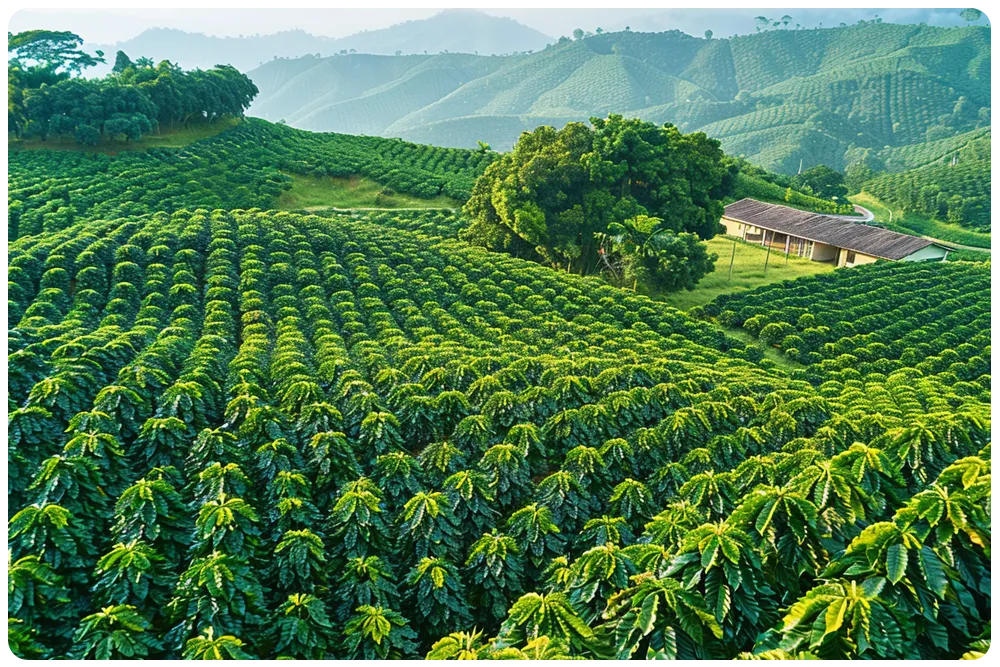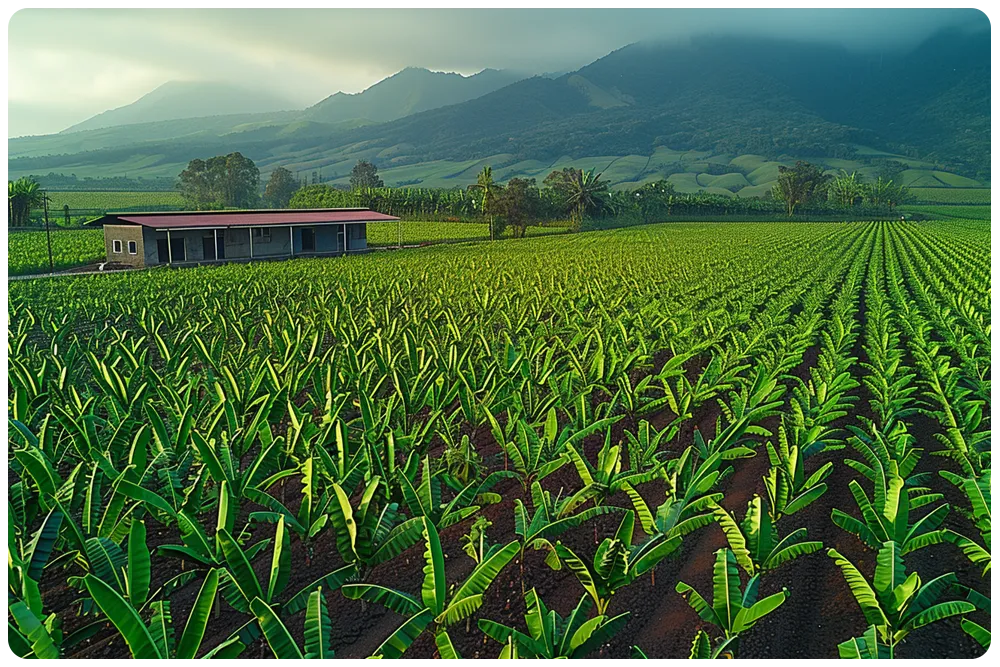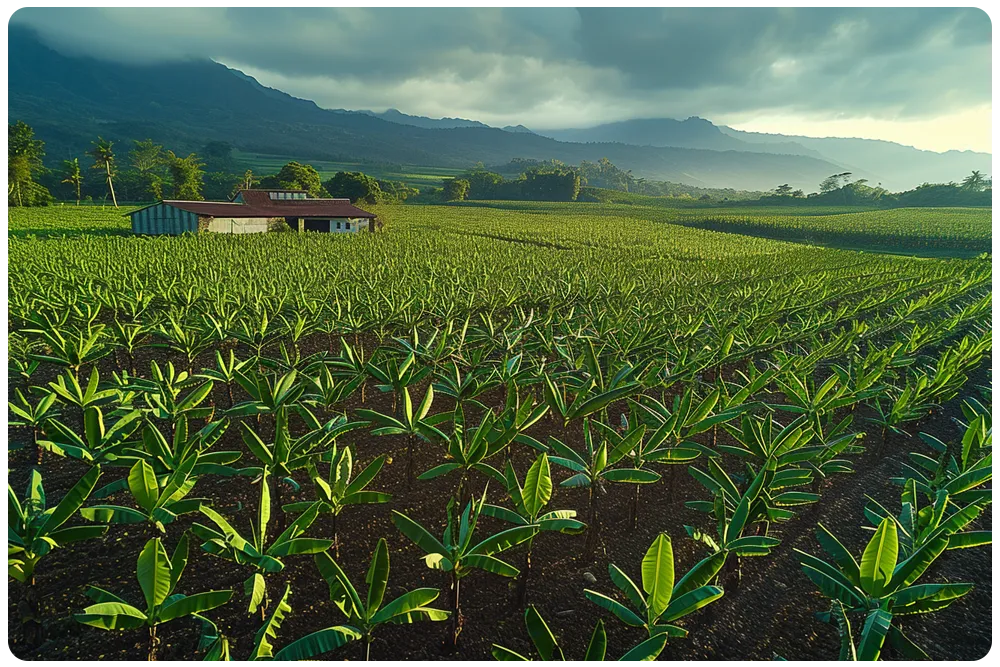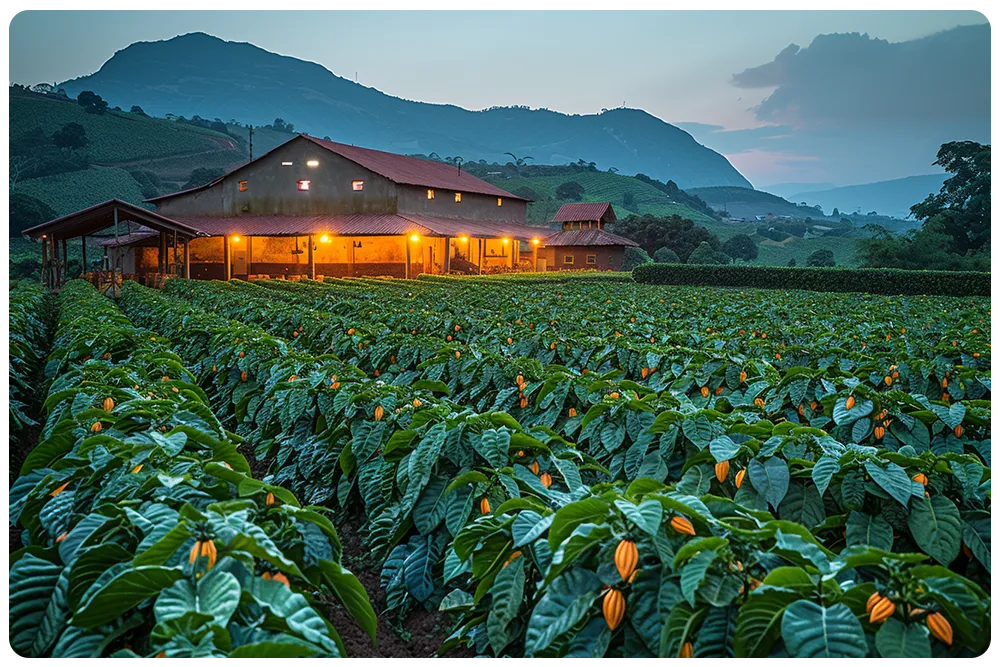Explore the cost-effectiveness of drone farming services. Understand the monetary implications, agricultural benefits, and crop yield optimization through cutting-edge drone technology.
Welcome to Drone Farm
We offer a comprehensive range of agricultural drone services. With years of experience, we’ve harnessed our expertise to deliver high-quality services to our clients. Our team provides full support at every stage. Choose us for top-tier Drone Farming experiences!

Contents
- 1. What does drone farming service cost
- 2. Analyzing the benefits of drone farming
- 3. Are drone farming services affordable
- 4. Practical benefits vs costs for drones
- 5. Deciding when to use farming drones

1. What does drone farming service cost
Understanding the Investment in Agricultural Drone Services
Considering the benefits of utilizing a drone in agricultural practices offers a new approach to ascertain the profitability and sustainability of farming. The cost of drone farming services is contingent on numerous aspects and varies based on the complexity and size of service required.Diverse Factors that Affect Cost
- Equipment Involved: The drone itself is a significant factor in the cost calculation. Several categories from basic to advanced models with varying features and functionalities impact the price.
- Type of Service: Drone services for agriculture range from crop scouting, health mapping, crop spraying, to livestock monitoring. The type of service required highly influences the cost.
- Size of the Farm: Larger farming landscapes generally demand more extensive drone coverage, hence a higher service cost.
Considering Value Over Pricing
It’s essential to understand that the upfront cost of a drone service may seem high, but the long-term benefits and Return on Investment (ROI) make it a worthwhile expenditure. Introducing a drone into farm management optimizes crop production significantly by ensuring precision in planting, watering, and fertilization. It brings down the cost of manually intensive tasks, saves time, and increases harvest yields.Preventing Crop Illness with Drones
An invaluable advantage of using a drone is its ability to detect potential crop illness early. By identifying disease symptoms at the outset, farmers can administer precise treatments, minimizing damage and prevent spread. Crop health maps generated by drones not only reduce cost but also increase productivity.Seeking Professional Assessment For Accurate Costs
To get a detailed understanding of how much drone services would cost for your specific farm, contact professional service providers. Their expert assessment and personalized proposals would offer a clear perspective on costs and benefits.In all aspects, investing in an agricultural drone service is not an expenditure, but a strategic move towards enhancing agricultural efficiency and profitability.2. Analyzing the benefits of drone farming
Analyzing the benefits of drone farming
The ever-evolving technology in the field of agriculture has given birth to the innovative application of drones. Agricultural drones have revolutionized farming practices by offering numerous benefits for modern-day farmers.
Seasonal Efficiency
A drone, being an autonomous machine, is capable of fulfilling tasks all year round, regardless of the season. Unlike manual labor, weather conditions minimally impact drone operations, making it a reliable tool that can provide consistent results.
High Precision
One of the significant benefits of a drone is its accuracy. Equipped with advanced sensors and imaging capabilities, a drone can capture precise data and perform in-depth field analysis. This insight allows farmers to take informed decisions, optimize practices, and increase crop yields.
Disease Detection
With the ability to carry out field surveying tasks swiftly, a drone can quickly detect plant diseases, pests or illnesses. Early detection contributes towards minimizing potential crop loss and significant financial savings for farmers.
Water and Fertilizer Management
A drone, armed with its data collection and analysis capacity, can pinpoint areas that require additional watering or fertilizer application. This precision approach to irrigation and fertilization assures resource efficiency and reduced environmental impact.
Cost-Effective
While the initial investment may seem substantial, the long-term financial benefits of drone farming are undeniable. Not only does it bring down labor costs by automating numerous tasks, but it also minimizes resource wastage through its efficient application of inputs. Considering these cost savings, drone farming services certainly provide a solid return on investment.
When to consider drone farming services
Farmers keen on enhancing crop production, improving field management, and minimizing the impact of crop illness should consider adopting drone farming services. The versatility and efficiency that a drone brings to the table are highly beneficial, making it an essential tool in contemporary agricultural practices.
Conclusion
Given the evident benefits, it’s clear that the integration of drone technology represents the future of farming. It’s high time that we reassess conventional practices and embrace the transformative potential of drone farming.


3. Are drone farming services affordable
Are Drone Farming Services Affordable?
An agricultural drone is a sophisticated tool that holds significant potential in improving farm management and crop productivity. But one question often arises – are drone farming services really affordable?4. Practical benefits vs costs for drones
Benefits versus Costs: Exploring Drone Usage in Farming
When it comes to maximizing your farm’s potential, the use of an agricultural drone can bring an array of practical benefits. However, this technology also carries associated costs. By understanding both aspects, you can make a well-informed decision on whether to incorporate drone farming services.Practical Benefits- Increased Efficiency: A drone can monitor vast farmlands quicker than human inspection, enabling faster decision-making regarding crop health and field conditions.
- Precise Crop Monitoring: A drone can identify specific areas affected by crop disease, pests, or inadequate watering. This focalized inspection is essential for preventing overall crop damage.
- Optimized Use of Resources: The data collected by the drone can help you optimize water and pesticide use, ensuring resources are allocated exactly where they’re needed.
- Purchasing Cost: The initial investment for an agricultural drone can be relatively high, depending on the model and accompanying software required.
- Maintenance and Repair: Periodic maintenance is necessary to keep the drone functioning optimally. More so, any unexpected damages could result in repair costs.
- Training: Effective drone usage requires proficient training and may incur additional costs. However, learning this new skill can be beneficial in the long run.


5. Deciding when to use farming drones
Deciding when to Use Farming Drones: Harness Technology to Optimize Agriculture
Farming is a delicate balancing act of cost versus benefit. With the introduction of drone technology in agriculture, this balance has subtly shifted. Agricultural drones – tools of precision that boast a myriad of applications – are now an integral part of responsible and sustainable farming.Understanding the Utility of DronesA drone is not just a high-tech toy – it is a tool for farmers that enhances the management of their fields. Drones equipped with advanced sensors and imaging capabilities can provide farmers with detailed, bird’s eye view of their fields. These aerial images can be used for the following:- Surveying and mapping fields
- Monitoring crop growth
- Detecting pests or diseases
- Your farm size justifies the investment.
- You’re experiencing unidentified issues with crop health.
- You’re seeking higher efficiency in farm management.